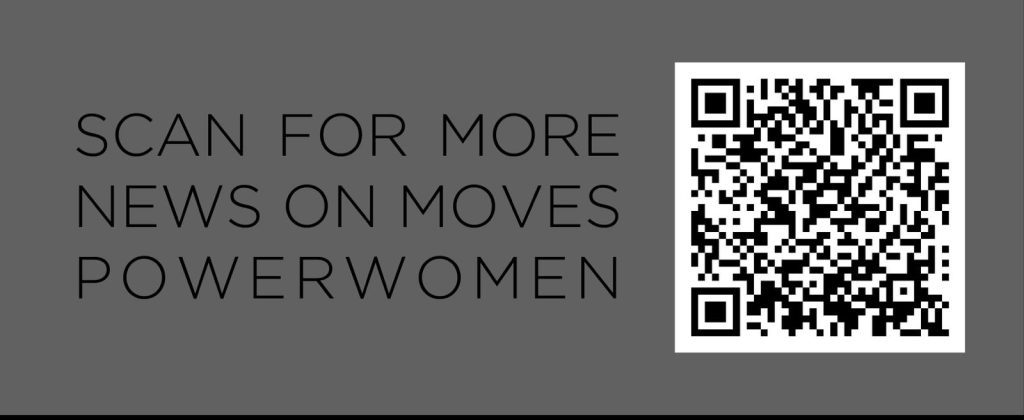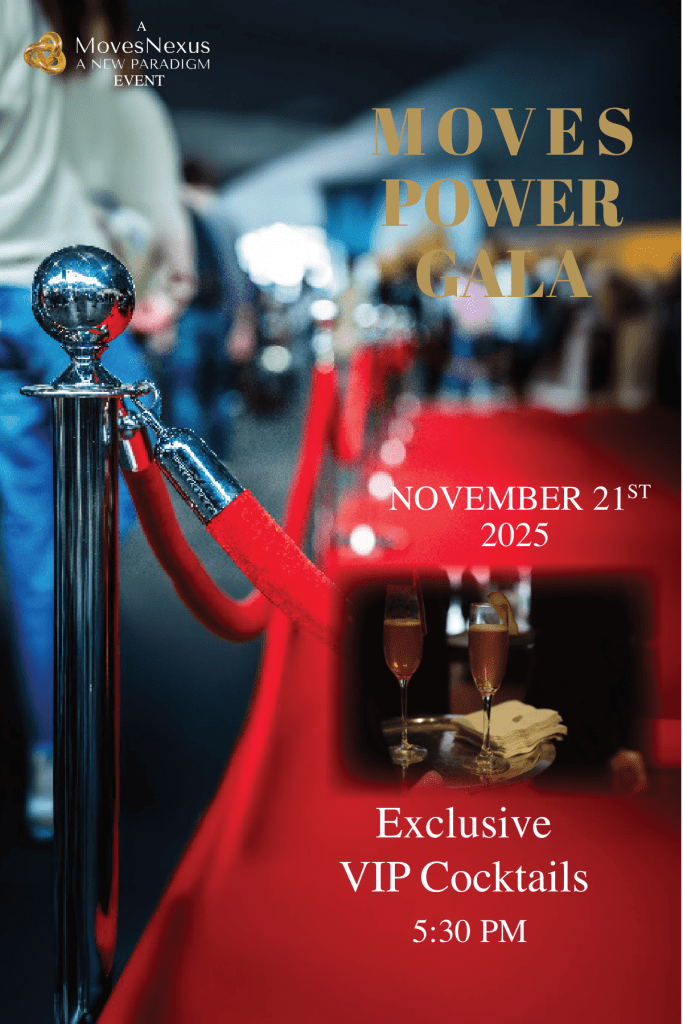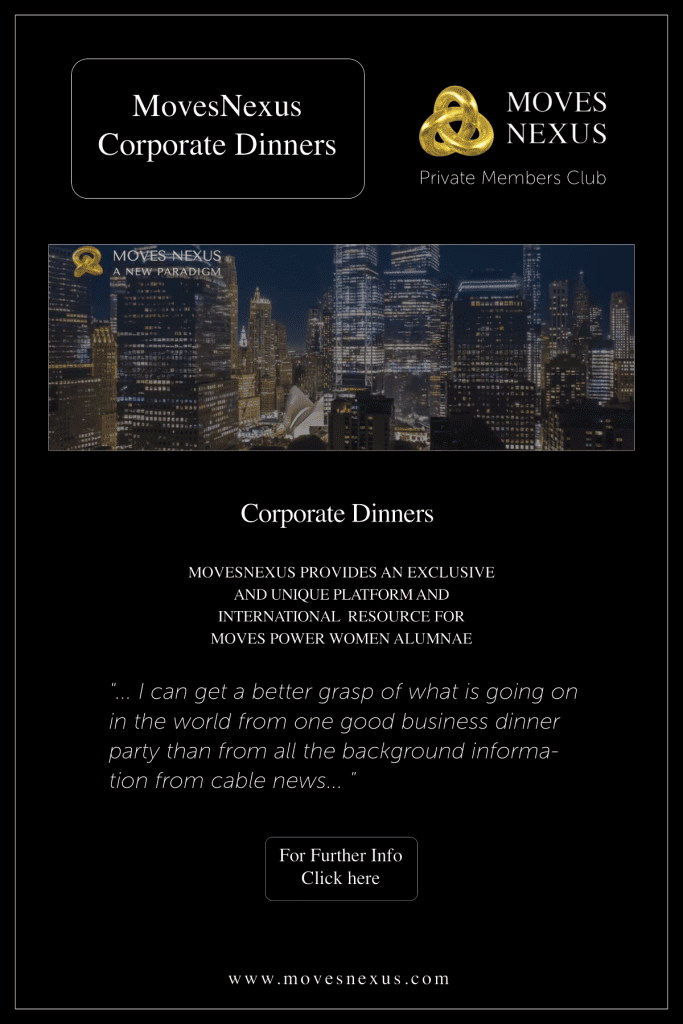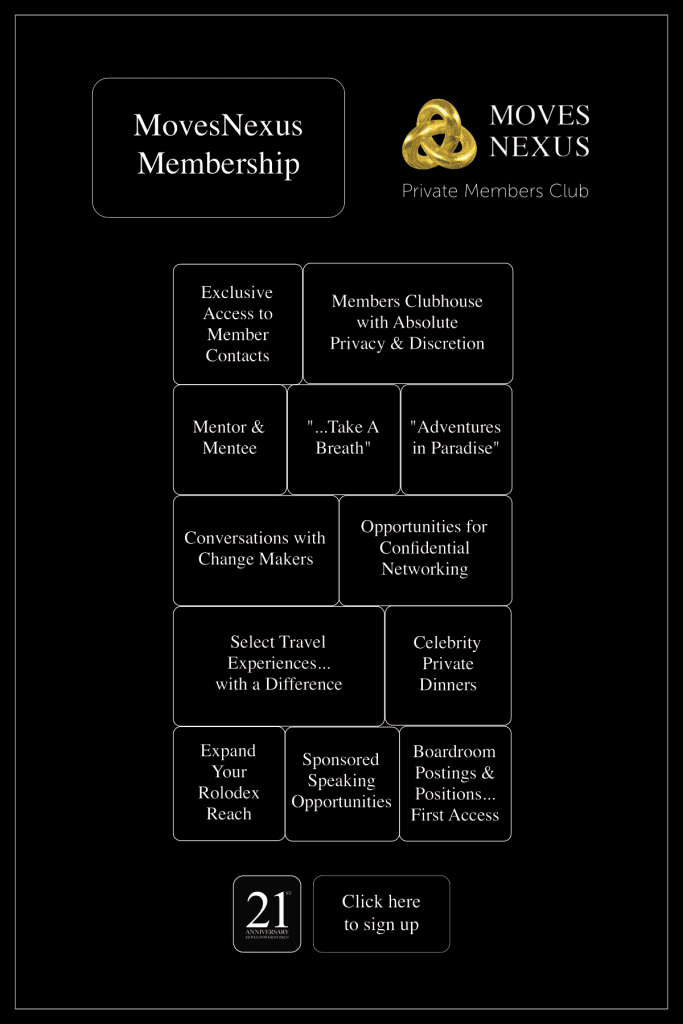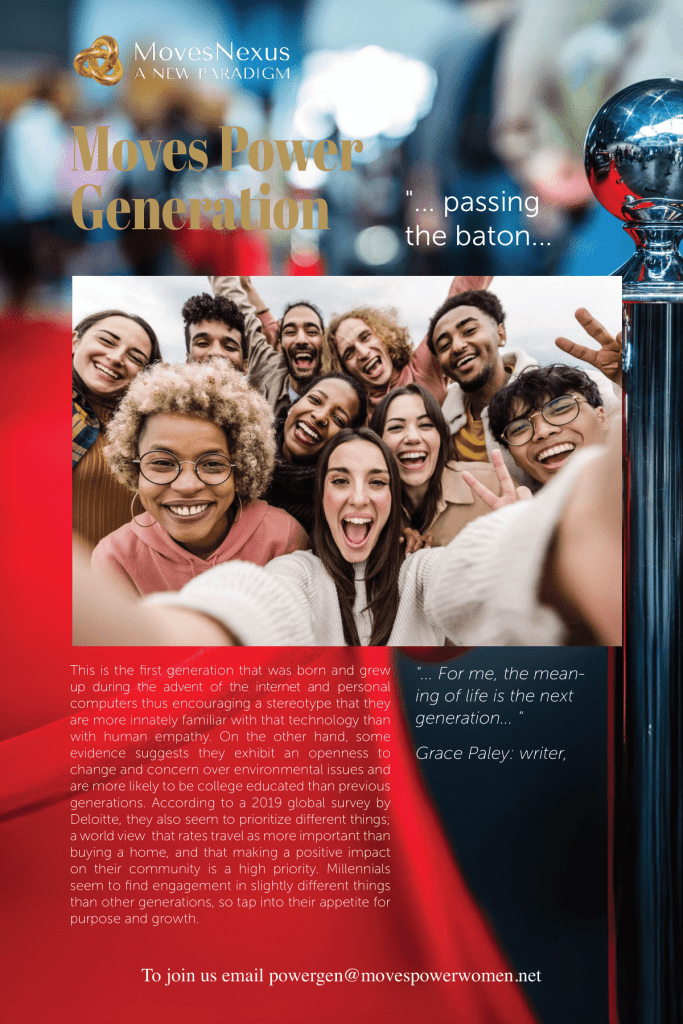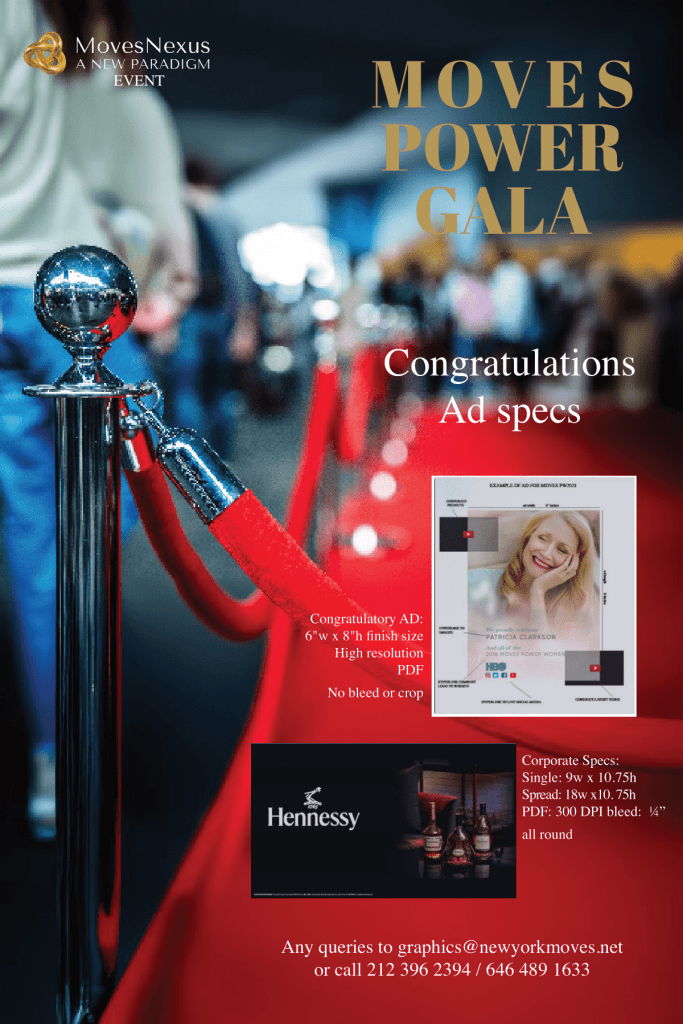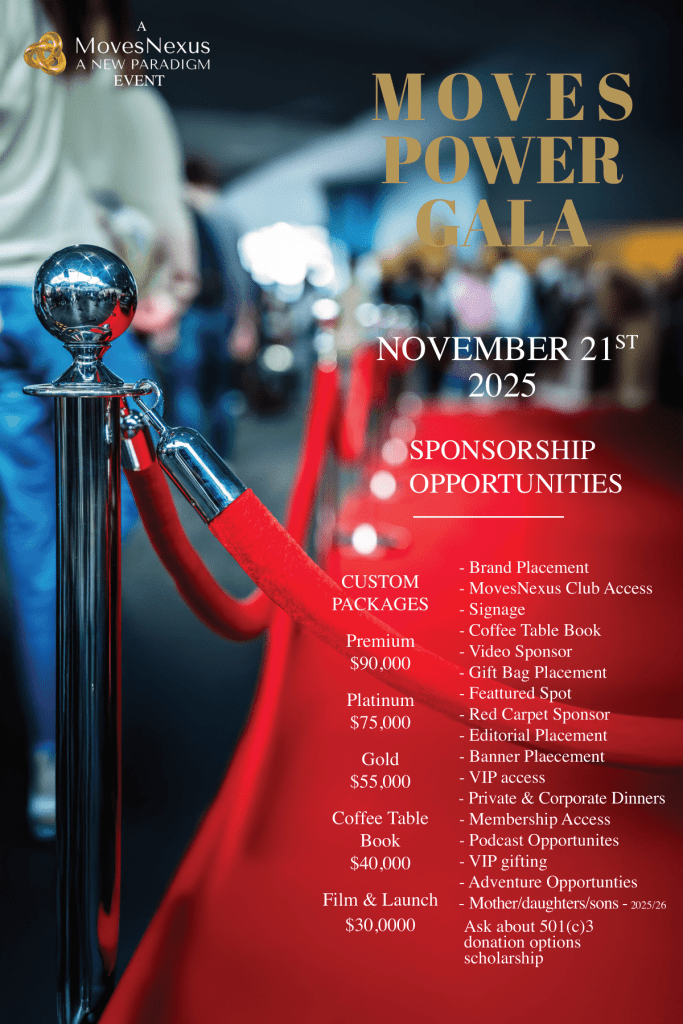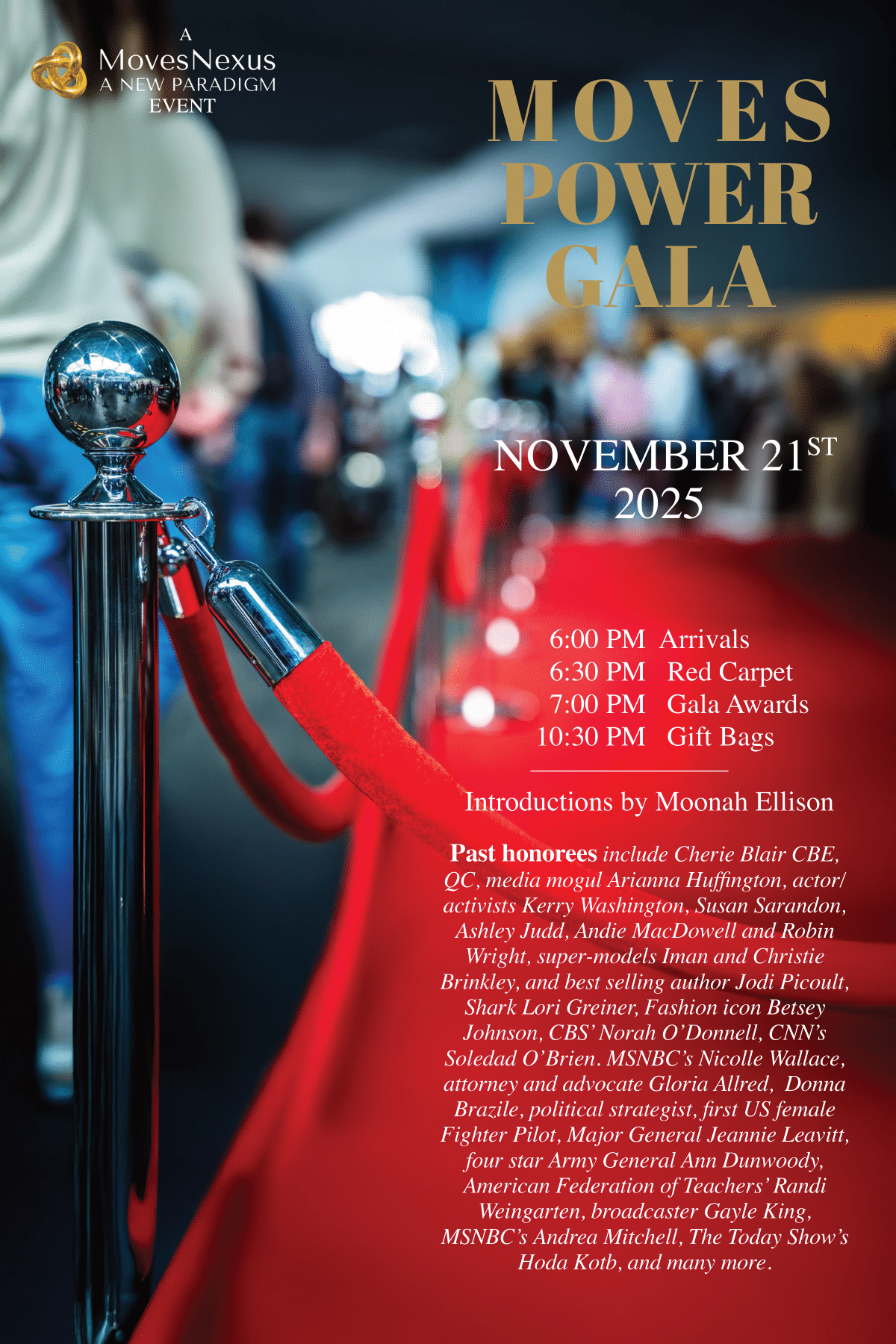2018 Honoree
Amy Hall
VP, Director of Social Consciousness, Eileen Fisher

In your opinion, what qualities make a “Power Woman”?
To me a “Power Woman” is somebody who has courage, who has a vision, and who is willing to take a step forward. Perhaps to even take a risk to achieve that vision.
With all the different issues one could focus on, how do you balance your efforts in pursuit of gender equality? Is it a global approach or a specific issue that you are passionate about?
I think it starts at home, it starts with oneself: how do I behave towards others, whether it’s male, female, or whomever, and how do I standup for what I believe to be appropriate treatment? It’s usually the women who are the ones down, the vulnerable room in the situation. It comes from my behavior from how I step into a situation that’s correct. That’s what I can personally do, and then it comes from the impact, the systems around me, or in my case, the company. What can I do to impact our own perspective, our gender equality through our practices, through our policies, through our vision? Then there’s this subsystem in my particular case, so looking at: how do we select business partners who share similar values around gender equality that we do? What is the question we ask and how do we listen to these certain kinds of behaviors, practices, rituals, etc.? Then how do we influence them from a stronger position to improve upon their practices of where we want to be? So, there’s a lot, it’s a very layered approach.
If you could have someone else’s job for a day, who and what would it be? Why?
Should I go all the way up to the President of the U.S., because that’s stuck in my mind. In one day could I even get enough done, sign equal pay. I would also want to sign an equal rights amendment. Those are the two things I would want to start off with. Even a living wage law, not just an equal pay law, but a living wage law for everybody. I mean, we are talking about equality, but everyone should have a good opportunity to make enough money to live. I think I would go for that.
Which historical figure do you most identify with?
In what way do you work for women’s power and equality? What do you think is the number one action we as a society can take (e.g. affirmative action)?
I am. Personally, the only way I’m involved in politics is through my work and through membership in an organization called the American Sustainable Business Counsel. I was on the board, but I recently got off of it. I just didn’t have the bandwith. But, it is a policy organization, and through that organization I get the company to support particular issues that I support for us as a brand. For example, healthcare policies, all kinds of family care, family care acts, environmental healthy carbon policy, certainly minimum wage policy–these are the main things. There are some issues that I personally acknowledge. I think, most importantly, there are issues a company can very easily take a stand on and, in a very logical way, have a voice on it. In a personal way, I’m not overly political. I certainly have strong opinions about certain things and I’ll send money to the democratic party. I don’t go out and march or do lobbying; well, I do lobbying in behalf of companies that are on top of the hill, but I haven’t done it in a personal level. I think I just do it within the company and that’s how I get it done. We need more woman leaders, not just professional, but on every level to a very strong belief. I would say, based on evidence of making decision capacities, more good will happen on behalf of the earth, on behalf of people in general, and we are not there yet. The statistics are too minimal on all levels in the board room of any kind. It’s getting better in the election office, but we are still far off from equal. Personally, I wouldn’t vote for someone just because they are a woman. They need to have the views that I believe and that I support. There have been woman, very conservative woman that personally I couldn’t support, so in terms of affirmative actions, I don’t believe in affirmative action. I believe in equal opportunities and I think what that means, for me, is that it’s why don’t we enable and prepare woman to be willing to come to the table and how can we create this space for those who want to come to this table to do so? How do we breakthrough what it has been to this point, to a man’s game and we get in there? But, that doesn’t mean in every women. I think it means the right woman–a woman who personally can’t make the choices on my behalf, breaking through a system in a different way and helping women build their voice, their muscles, their skills to be able to be affective, to communicate, and be dealmakers and negotiate what you have to be when your in an office or some sort.
Can you tell us a short story in which you encountered a block in the work place and what you did about it?
Well, I haven’t really had personal experience of pay equites, and let’s just say here in this company–for being here as long as I have–we are 85% women and the culture here is extraordinary. It’s a very family culture, we’re very supportive of each other. I would say it’s not competitive in a sense that you might experience in a more typical corporate setting. I personally have never felt overlooked or left behind. However, when I say that I mean in this company, I did have a particularly kind of poignant experience a few years back, three years back with somebody from outside of the company who came to meet with me. It forced something out of me that I’ve never felt before. Basically, what happened was I was meeting with an outside vendor, whom I didn’t know who was coming here, telling me about services and there were four people in this room (two men, two woman). The head of the small firm was a man and he started to do all the talking and I was sitting there patiently waiting there for the inevitable opportunity to say what it was that I do. What ended up happening is he spoke without breaking for a good half hour, and, in that time period, was thinking: I know what you are doing with and how hard it is to find out what’s happening in your supply chain, and I know the challenges you face when you are working in a certain country and saying I know this and I know that exposed to this certain information and that kind of information this kind of service and this kind of data. What do you say, would you want to work with our firm? And I was so pent up with frustration. I was just sitting there for half an hour ranting on and on, how it would be in my situation, as well, and I’m normally a very polite and controlled individual, but this really got out of hand. But, what I did was I picked up my iPhone and left it on the table so the time can be shown and said, “I have just been sitting here listening to you for an half and hour and not once did you ask me, and I listened how far fetched you are, how impressive your background is and not once did you ask me what my needs are, and not once did you ask me what my talents are and what is it that I need. We don’t do business like that in this company.” To be frank, there were also other people sitting there and he didn’t even let them talk for the whole time, so that was a huge red flag for me, and he could tell I was very emotional. He stopped and I never heard a peep out of him again for the rest of the half hour sitting there, and the other woman did all the talking and he apologized and he stopped talking. My point is that you have to remind people, remind him, that the women in the room that we have something valuable to say, and in any time in any situation, actually frequently when I’m in a situation, usually, I prefer the company in a group meeting and the men are talking and not the woman, I would stop them and I would say, “I am really happy you have an opinion, but I want to hear what these two people have to say” to the woman and they are very happy to say that and give them a chance. So, that’s how I try to interject other women I find that it’s a huge red flag for me. I really don’t engage in business with people who have all the voice to come out in a room full of women. Maybe it’s just a personal pet peeve or a certain behavior that I don’t condone.
Have you seen any changes in the political landscape for women over the past few years? If so, what are they?
Yes, I do feel that it’s inevitable…I think the groundwork has been laid, it’s only a matter of time now before we will be able to get a woman into a national office. I feel like the conditions are there. I do feel that way. I think it has to be the right one–again, somebody whose really into building gender confidence among all people. But, a lot of the hard work has been done already.
Was there a defining moment or experience in your life that led you to where you are today? What was it?
For me, a lot of my life work is related to my ethnicity. I’m half Chinese and when I was little I grew up in a very WASPy area, part of Connecticut. I was teased, I was bullied and I really didn’t understand why. Of course, I was born here and English is my first language and people would make fun of me. I didn’t even realize I was half Chinese until I was in elementary school when people were making fun of me about it. So, there is something about that, it just started to dredge up a feeling of “why can’t I be like everybody” and “why can’t I…they wouldn’t let me play in the playground when I was little.” In elementary school, it was very painful, so I always felt a lot of empathy for people who were left out and who felt less than by other people. So, that was a major defining point related to the human side of the work. And, on the environmental side, which is equally as strong for me, a lot of that came about as a first child, now 16 years ago, realizing that I wanted her foundation in life to be as positive as she could, which started the path of me eating organically and as clean as possible. Realizing all of the environmental hazards that were there were already part of my body and what can I do to protect her, because maternal instincts just kicks in so strongly. Between the two of those things, I feel like I got so much work to do now.
What is the best piece of advice you’ve ever been given?
When I started down this path I wasn’t sure and I was just beginning to think about what an impactful program will look like here, and I started to go to the factories and somebody told me, “What your doing is all about workplace culture,” changing workplace culture–were talking about factories. They said to me that it has been shown that true culture change takes three generations, and at that time, I was like, “God, three generations. I don’t have time to wait for three generations.” I wanted to happen it sooner. I mean, how hard could this be. We go in and we tell them what they want and they can go do it. Well, obviously it’s taking a very long time to see deep-rooted, heart authentic. So, the first generation you go in and you tell them what you want and they say, “Okay, okay. If this means we have your business longer we’ll do it,” so they do it, but they don’t say anything about it. The second generation is people that come up behind from the factories and they start to understand “Oh, if I do X,Y,Z better for the business and I have happier workers and still have the practices, then I’m doing better.” The third generation comes up behind and is completely born into it. They don’t know anything different than: “This is how we do business, businesses are good, we just do things that support the people and supports the business and that’s how we do it and we don’t know anything differently.” So, I have to say there was something in that which really resonated with me, showing me that it’s kind of true. True genuine change can take time, so that’s one piece that I hold on to, which frustrates me because things aren’t happening fast. I remember that and I say, “We are going in the right direction,” and as long as you are going the right direction, you can’t force people to think differently about their stuff–it has to come from the heart.
Who do you most admire? Why?
It’s Barack Obama, I can’t think of a woman, but you know what I loved about him was his humor, his grace, facing difficulties with extraordinary wisdom and intelligence. His vision, his true, honest vision for a better world for all people came through in his actions and it came through in his words. It came through in how he did everything possible and tried to heal…He wasn’t always successful, but he didn’t let that stop him. He never wavered, he was very, very true to his vision. I think there is a lot to be learned from how he led and continues to lead even though he’s not in the office.
What is your favorite book (fiction or non-fiction)?
I am a huge fan of a Japense author, Haruki Murakami. He’s been nominated for the Pulitzer. I love all his books. but the book that I like the most is called 1Q84, it’s like 1984. It’s a book that merges reality with fantasy and it’s blurred completely together–how one begins and how one ends. I love his books for that reason: they’re page turners, they’re a must read, and I don’t have another really good example for that in terms of what I do. One of the books that completely changed my life was Al Hawkins, The Ecology of Commerce, which was the first time I read about it and it just blew my mind about how important it was for businesses to take the environment seriously and to take action on behalf of the environment. It really supports the premise that there’s no business on a dead planet, quoted by the sierra club. It’s the first time that I had thought about that and it became life changing for me. That book is a non-fiction book.
What do you most value in your friends?
For me, it’s open-minded, a sense of possibility, and happiness. I can’t stand people who are down or negative. People who are positive, open, really optimistic, and hopeful about the future are the kind of people I love to hang around with.
Which trait do you most deplore in yourself? In others?
I’m very self-deprecating. I never accept compliments, I don’t believe they are true. For every compliment that I’ve gotten, I could name 10 people who have done better than I have. That’s probably what I dislike about the most.


